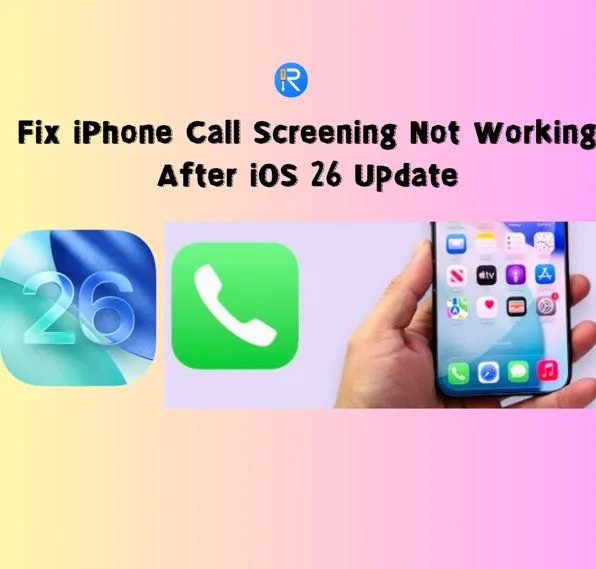5 Basics of Money Management That Everyone Should Know
Managing your money can often feel complicated, but the truth is that the most important habits are very simple. You do not need to be an expert to feel in control. This article breaks down five fundamental basics that everyone should know. Mastering these habits can help you reduce stress, build security, and make clear plans for your future. Interested? Read on to find out more.
- Know Where Your Money Goes
The first step to financial control is understanding your habits. Often, people struggle with money not because they do not make enough, but because they have poor spending habits. You should track your income and your outgoings for a month. This process helps you see exactly where your money goes, highlighting everything from essential bills to small, everyday purchases. This simple act of tracking gives you the clear picture you need to make any other changes.
- Build a Small Emergency Buffer
Life is full of surprises, and not all of them are good. A car repair or a broken washing machine can cause huge stress if you have no savings to quickly cover the costs. To avoid this issue in the future, start building an emergency buffer that can be used to cover unexpected costs. Even saving £20 a week adds up, creating a safety net that stops a minor problem from turning into a major debt. Make sure the money is in an easy-access account with a good interest rate.
- Separate Your ‘Needs’ from Your ‘Wants’
This is a core skill for budgeting. Your ‘needs’ are the essentials: rent or mortgage, utility bills, basic food, and transport to work. Your ‘wants’ are everything else, from takeaways and subscriptions to new clothes. Identifying the difference allows you to see where you can cut back if you need to, without feeling like you are giving up everything.
- Check Your Credit Report Regularly
Your credit report is your financial CV. It impacts your ability to get a phone contract, a rental agreement, or a loan. You can check your report for free with several UK agencies. This helps you understand your financial standing, spot any mistakes, and see what lenders see when you apply for credit.
- Make a Plan for Big Purchases
When you plan to buy something big, like a car, your budget and credit history become very important. Having a clear budget helps you understand what you can truly afford. Even if your history isn’t perfect, knowing your finances allows you to confidently explore options like bad credit car finance to secure an essential purchase.
These five basics are not about becoming rich; they are about building consistency. You create financial peace of mind one small step at a time. By practicing these habits, you build a stable foundation that gives you control over your life and your choices.






